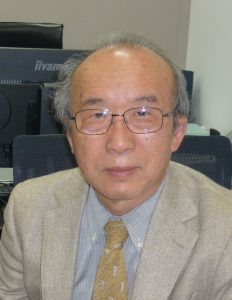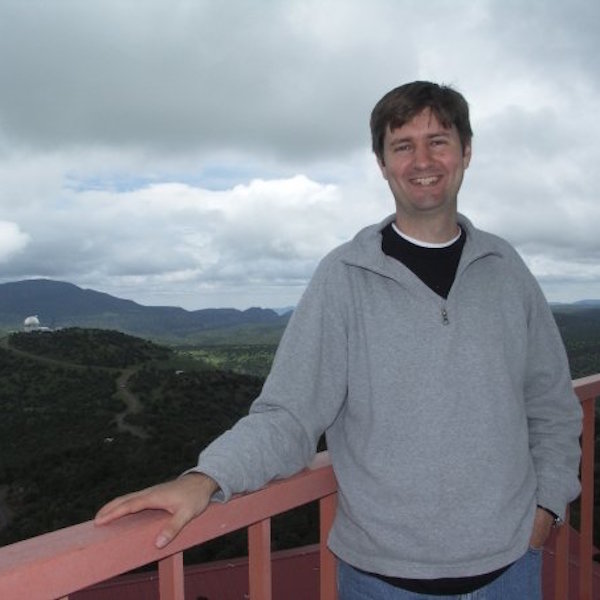 Before we present this week’s Weekend Reads, a question: Do you enjoy our weekly roundup? If so, we could really use your help. Would you consider a tax-deductible donation to support Weekend Reads, and our daily work? Thanks in advance.
Before we present this week’s Weekend Reads, a question: Do you enjoy our weekly roundup? If so, we could really use your help. Would you consider a tax-deductible donation to support Weekend Reads, and our daily work? Thanks in advance.
The week at Retraction Watch featured a retraction that took three years even after the university and corresponding author requested it; a story of misconduct in a paper about preservatives and obesity; and more about that image of Donald Trump in baboon poop. Here’s what was happening elsewhere: Continue reading Weekend reads: How one scientist polluted the literature; a dog earns an authorship; poisoning in the lab






